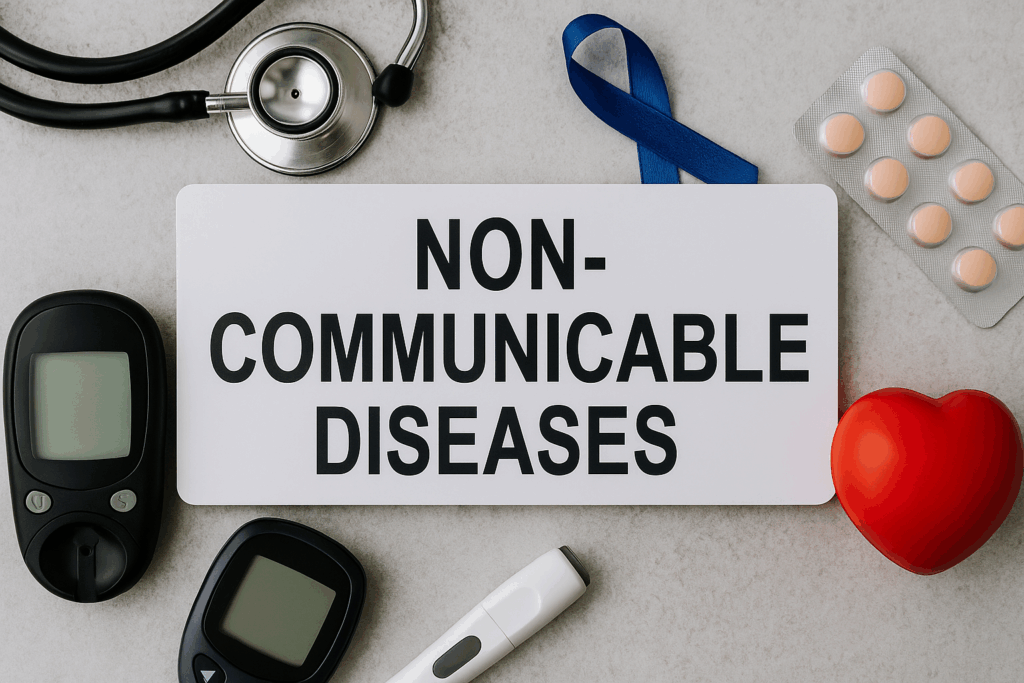
Across Ghana, from vibrant cities to rural communities, a new health challenge is demanding urgent attention: the rapid rise of noncommunicable diseases (NCDs) such as heart disease, diabetes, and cancer. Once considered issues of affluence, these conditions now affect Ghanaians from all walks of life, with the World Health Organization (WHO) reporting that NCDs account for 43% of all deaths in the country.
Why NCDs Are a Growing Concern
NCDs are responsible for about 70% of deaths globally, and in Ghana, cardiovascular diseases alone make up nearly one-fifth of NCD-related fatalities. Without decisive action, WHO predicts that NCDs could soon become the leading cause of death across Africa.
Ghana’s Comprehensive Strategy
Ghana is not standing still. In partnership with PATH, the Ministry of Health, and Ghana Health Service, the country has launched ambitious initiatives under the Access Accelerated NCD project and the Healthy Heart Africa program. These efforts focus on:
Expanding early screening and diagnosis: Over 2.5 million screenings have been conducted in 17 districts, linking more than 125,000 people to care.
Training healthcare workers: More than 400 primary healthcare staff have been trained to detect, manage, and refer NCD cases effectively.
Community outreach: Leveraging community health workers for home visits and targeted outreach ensures even remote populations are reached.
Patient support: Establishing support groups and follow-up practices to improve treatment adherence and patient outcomes.
Strengthening Systems and Access
Recognizing that fragmented services and inconsistent access to medicines hinder progress, Ghana has:
Enhanced supply chains: Assessments and reforms have improved the availability of essential NCD medicines.
Data-driven decision-making: The innovative NCD Navigator digital tool tracks interventions and disease prevalence in real time, helping policymakers allocate resources where they’re needed most.
Building a Healthier Future
Ghana’s integrated approach is already making a difference. By prioritizing prevention, early detection, and robust health systems, the country is not only treating those already affected but also working to prevent NCDs from taking root in future generations.
As Dr. Patience Cofie, PATH Ghana Country Representative, notes:
“NCDs so often hurt people in their prime—they push families into poverty and reduce their productivity. That’s why our priority is to reduce preventable death by increasing access to NCD prevention and care.”
In summary: Ghana’s response to NCDs is a model of coordinated action, innovation, and community engagement—proving that with the right strategies, even the most daunting health challenges can be overcome.
For a video on how to survive Diabetes, click the link below

0 Comments